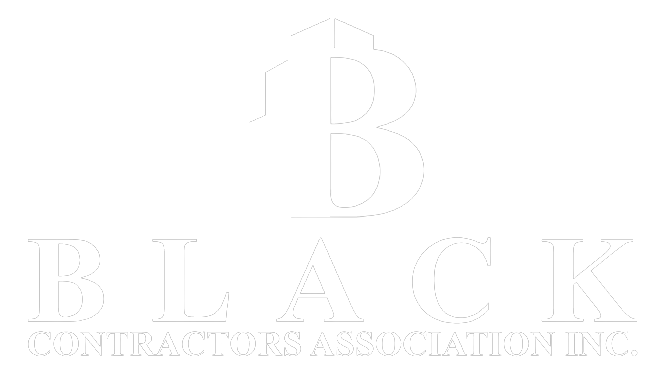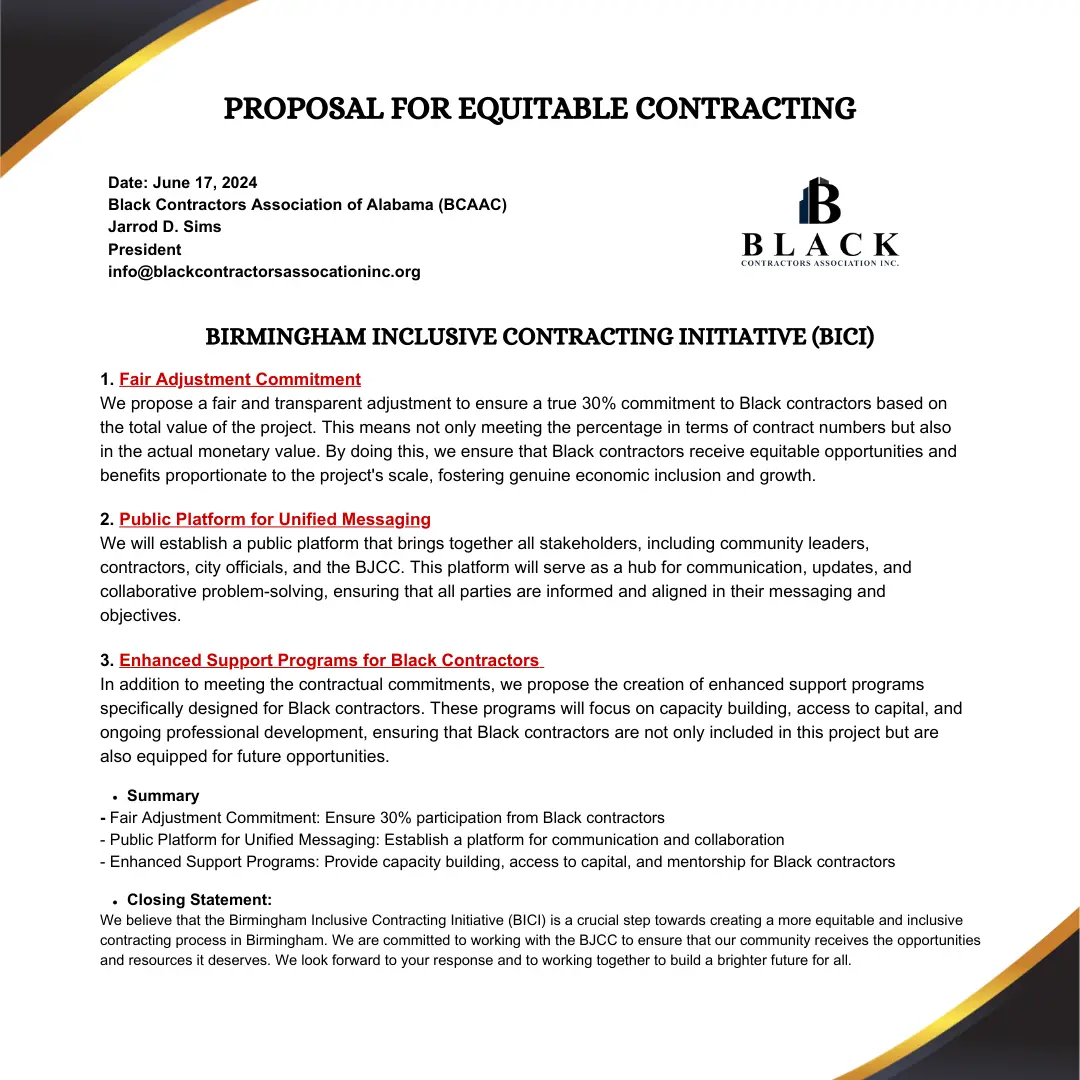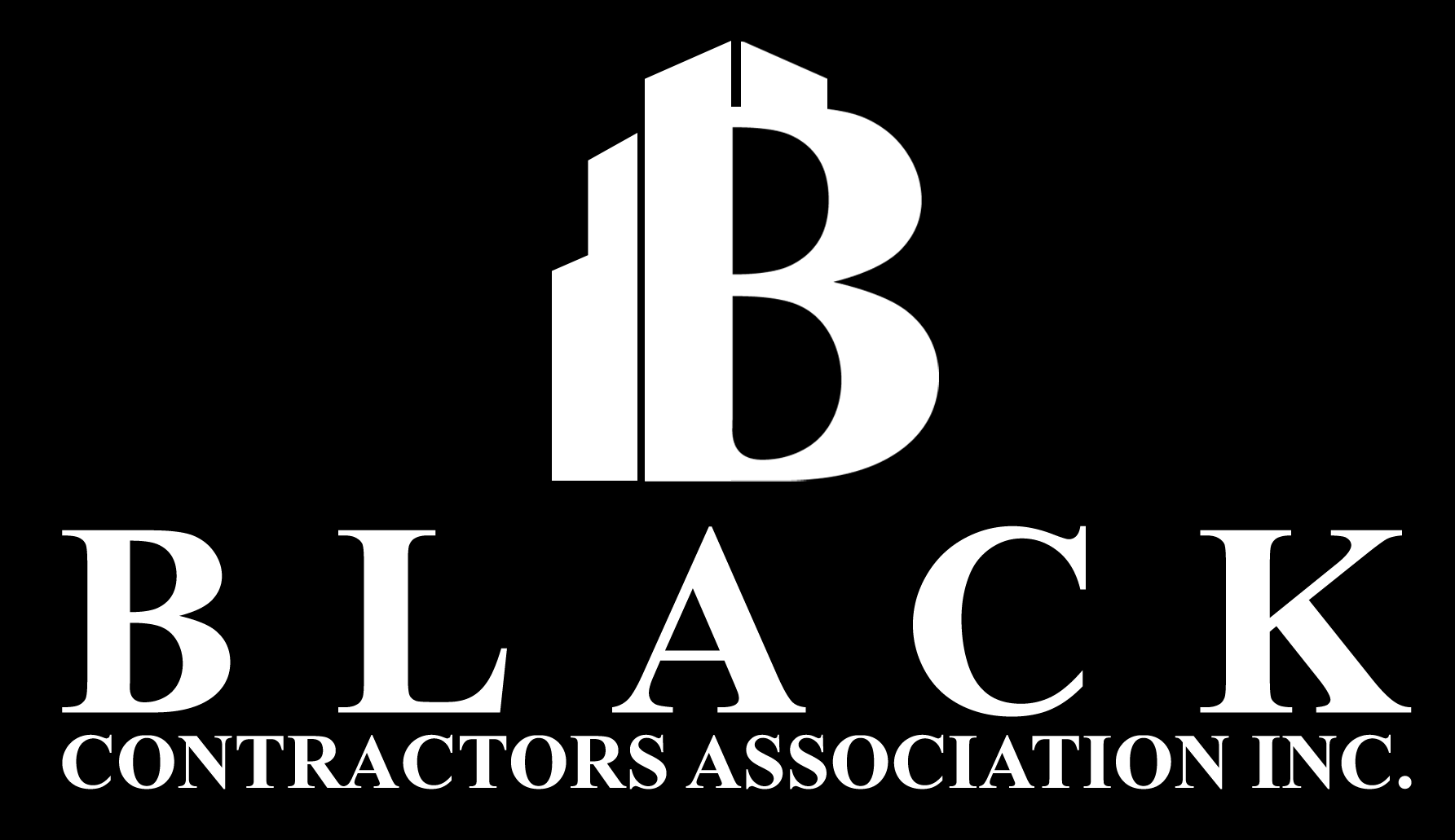On January 9, 2024 an article was published arguing lawsuits could undermine equal opportunity in construction contracting.
Stay tuned as BCA leadership prepares a strong rebuttal statement responding directly to the claims made.”
Challenges to DBE Goals in Federal Contracts Gain Steam
In the wake of the Supreme Court’s decision to strike down affirmative action last summer, a smattering of lawsuits allege reverse discrimination due to workforce participation targets.
A handful of lawsuits challenging the constitutionality of workforce goals in federal construction contracts could make it harder for underrepresented groups to qualify for these lucrative jobs in 2024. The suits have multiplied following the U.S. Supreme Court’s landmark Students for Fair Admissions ruling last year that effectively barred race-based affirmative action admissions decisions at universities. One suit has already been successful in bringing changes to the Small Business Administration’s 8(a) program, which was established in 1978 and is designed to help socially and economically disadvantaged business enterprises partake in federal contracts. Another suit is aimed at the DOT’s Disadvantaged Business Enterprise program, which former President Ronald Reagan signed into law in 1983. In 2021, President Joe Biden reauthorized that legislation, which sets a goal of awarding at least 10% of federally contracted project funds to DBEs, when he signed the Infrastructure Investment and Jobs Act. But now, because both programs designate specific groups they are trying to help — just as affirmative action policies designated Black applicants in college admissions — their legal standing has become shakier, construction experts say.
“That Supreme Court decision really provided a template,” said Chris Slottee, an attorney at Schwabe in Anchorage, Alaska, who represents Alaska Native corporations in federal contracting. “The argument is that [these programs represent] unconstitutional racial discrimination.” ‘
Rebuttable Presumption
In the SBA case, known as Ultima Services Corp. v. U.S. Department of Agriculture, a White woman businessowner successfully argued the agency’s 8(a) program violated her Fifth Amendment rights to equal protection, because she was excluded from the designated groups the program was established to help. That challenge, filed in the U.S. District Court for the Eastern District of Tennessee, hinged upon the legal concept of a “rebuttable presumption” of who was qualified to participate in the programs in the first place, Slottee said. For example, the SBA’s 8(a) program previously presumed that certain groups were economically disadvantaged. Those included Black Americans, Hispanic Americans, Native Americans, Asian-Pacific Americans and other minorities. Thus, someone in one of those groups would have automatically qualified, based on their race or ethnicity.
But the Ultima decision, which came out in July, just weeks after the Students for Fair Admissions ruling, forced SBA to alter its 8(a) requirements. Inclusion based on those presumptions is no longer a given. Instead, applicants must now tell the agency why they should qualify. “They’re requiring certain social disadvantaged narratives to be submitted,” Slottee said, noting that the change resulted in a temporary slowdown in processing of applications, as the agency altered its process. “I think it will definitely make it harder in that there will be an extra step that people have to go through in terms of proving social disadvantage.”
Taking Aim At The DOT
A separate suit, known as Mid-America v. U.S. Department of Transportation, filed in October in the U.S. District Court for the Eastern District of Kentucky, takes direct aim at DOT’s DBE program. Similar to the successful argument Ultima used against the SBA, it posits that DOT’s program violates the Fifth Amendment’s equal protection clause, due to its rebuttable presumption criteria. In addition to the groups designated by the 8(a) program, DOT’s DBE program specifically includes women. The suit was filed by the Wisconsin Institute for Law & Liberty, a conservative think tank focused on free market policy. The group is representing Jeffersonville, Indiana-based Mid-American Milling Co. and Memphis, Indiana-based Bagshaw Trucking, two road contractors. In the complaint, the two companies claim they have been discriminated against because the DBE program’s goals prevent them from competing for contracts on an equal footing “with firms owned by women and certain racial minorities.”
The suit argues that “non-designated racial groups, such as White Americans or those from the Middle East, are excluded and therefore disfavored — apparently having been deemed ‘advantaged.’” The two companies claim that they have lost out on specific federally funded contracts, despite being the lowest bidder, to DBE firms based on race and gender. Justin Chiarodo, a government contract attorney in the Washington, D.C., office of Blank Rome, said that oral arguments in the case would likely hinge on the firms showing specific instances where they were discriminated against due to the DBE program.
But he also said the suit could force DOT’s hand in having to do the same: Demonstrate actual cases of discrimination against participants in the program itself, an aspect that has previously been assumed under rebuttable presumption. From that perspective, an outcome could be applicants needing to document stories of racism, discrimination or exclusion, much as the SBA now requires social disadvantage narratives. “The programs are intended to address instances where those folks were discriminated against based on race,” Chiarodo said. “I think it is about the evidentiary demonstration that the agencies can make in showing actual discrimination.”
Fourth-Generation Success
But Wendell Stemley, national president at the National Association of Minority Contractors, which advocates for minority access to contracts and has criticized DBE goals as lacking enforcement teeth, said Mid-America’s approach could also backfire.
For example, WILL issued a news release when it filed the suit, noting that Mid-America was part of a fourth-generation company, and that Bagshaw Trucking had grown from two employees in 1982 to boast one of the largest truck fleets in northern Kentucky.
Stemley pointed out that the firms were able to achieve that success despite the 10% DOT DBE goals or 20% goals in other public contracts.
“So that means, 80% of the work is still in the free market, and obviously, by these guys being in business for four generations, that 80% has served them very well,” Stemley said. “That argument, to me, is a little off base, because most of us would flip over backwards to have a fourth-generation company.”
Taking on IIJA
A third case, Nuziard v. Minority Business Development Agency, was already successful last year in getting a preliminary injunction against the MBDA, which was established via the IIJA to assist minority businesses.
The suit, filed in U.S. District Court for the Northern District of Texas, argued that certain MBDA programs were racially discriminatory because they were only available to socially or economically disadvantaged individuals.
A judge granted the injunction in June, effectively barring three of MBDA’s offices from using race or ethnicity to determine eligibility for the agency’s services or benefits. The MBDA did not appeal the decision. Instead, it filed an answer to the complaint and asked for summary judgment in the case, which is still pending.
Ruling Expected This Year
Whatever the ultimate outcomes of these cases are, Slottee said the combined impacts of the suits cannot be overstated. He expects a ruling in the Mid-America case sometime this year.
“The question is, what type of order would the court issue, and how broad will it be?” Slottee said. “Even more importantly, what will be the federal government’s response? We know there are going to be some downstream impacts, we just don’t know what they’ll be.”
Challenges to DBE goals in federal contracts gain steam | Construction Dive





